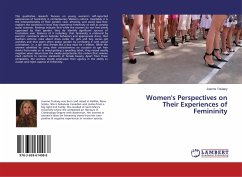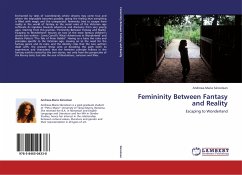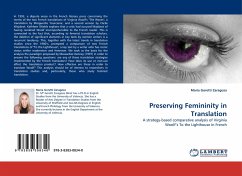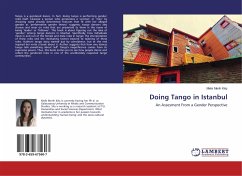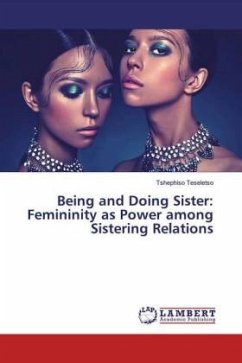This qualitative research focuses on young women s self-reported experiences of femininity in contemporary Western culture. Inevitably, it is the intersectionality of their gender, race, ethnicity, and social class that explains the variations in how they experience femininity as well as varying social contexts. Findings indicate that while the women do not feel overly oppressed by their gender, they do identify significant sources of frustration over features of it including: that femininity is enforced by parents comments about lady-like behaviors and appropriate dress, that teachers enforce rules about dress codes for girls and boy versus girl activities and that peers often police gender by conflating it with sexual orientation, i.e. a girl who dresses like a boy must be a lesbian. While the women admitted to using their attractiveness on occasion to get free drinks from males or to avoid getting a speeding ticket, they voiced mostly negative views about how the media perpetuates the notion that women must conform to narrow standards of female beauty. Apart from these complaints, the women mostly emphasize their agency in the ability to accept and reject aspects of femininity.
Bitte wählen Sie Ihr Anliegen aus.
Rechnungen
Retourenschein anfordern
Bestellstatus
Storno

